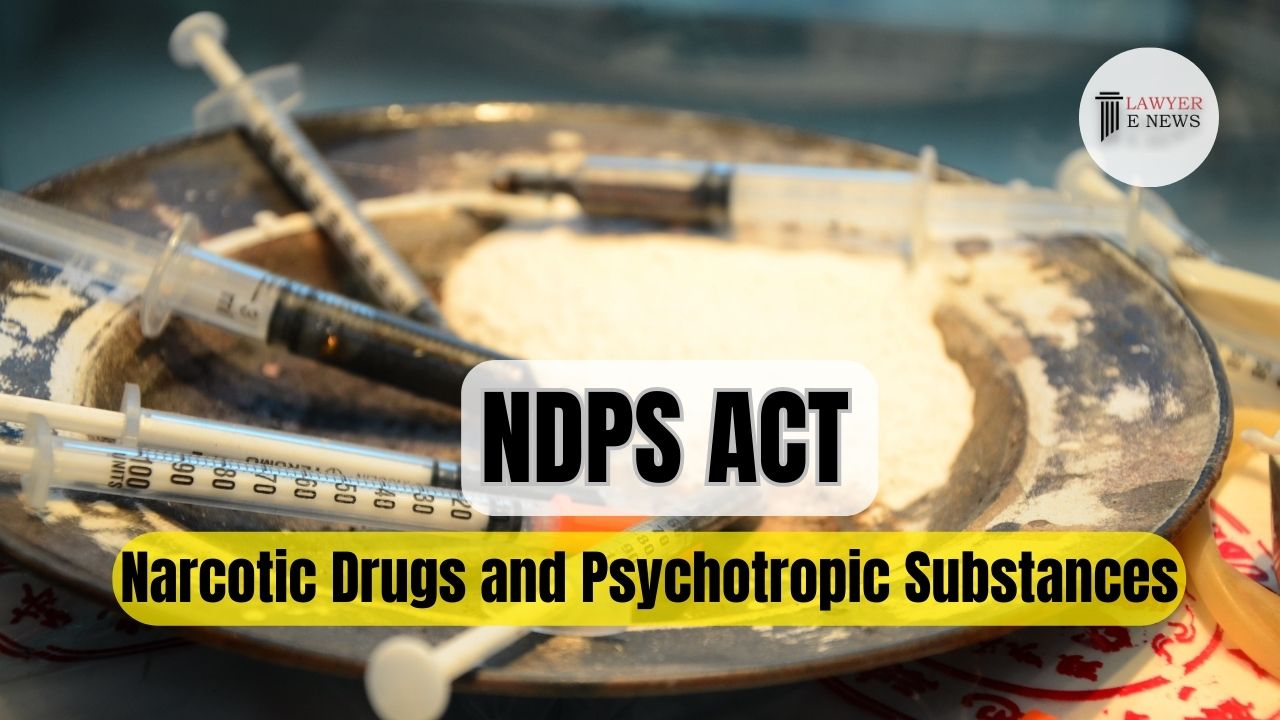-
by sayum
14 February 2026 2:22 PM



High Court overturns NDPS Act convictions due to non-compliance with Section 52A, stressing the necessity of magistrate-supervised sample collection.
The Kerala High Court has set aside the convictions of two accused in a high-profile hashish oil possession and transportation case, highlighting critical lapses in the prosecution’s adherence to statutory sample handling procedures under the Narcotic Drugs and Psychotropic Substances (NDPS) Act. The judgment, delivered by Justice K. Babu, underscores the importance of following Section 52A of the NDPS Act, which mandates the collection of samples in the presence of a magistrate to establish primary evidence.
On April 19, 2016, the Excise Inspector (PW1) and his team, acting on reliable information, intercepted a vehicle on the Kottayam-Theni National Highway near Choorakulam Coffee Estate. The accused, Prasad @ Kuttai and a co-traveler, were found in possession of 10.67 kg of hashish oil. Samples were drawn at the scene, and the accused were subsequently arrested and charged under Sections 20(b)(ii)C and 29 of the NDPS Act. The trial court convicted the accused, a decision upheld by the Special Court for NDPS Act Cases, Thodupuzha, leading to the present appeals.
The core issue in the appeals was the admissibility of the samples drawn at the scene of occurrence versus those drawn in the presence of a magistrate. The appellants argued that the samples collected by the detecting officer at the scene lacked evidentiary value, as the statutory requirement under Section 52A of the NDPS Act mandates that samples should be drawn under the supervision of a magistrate. Justice K. Babu noted, “The intention of the legislature by incorporating Section 52A in the NDPS Act is to ensure that the process of drawing the sample has to be in the presence and under the supervision of the Magistrate, and the entire exercise has to be certified by him to be correct.”
The prosecution presented evidence through ten witnesses and various documents, including the chemical analysis report (Ext.P30). However, the court found that the samples forwarded for chemical analysis were those drawn at the scene, not in the presence of a magistrate. Citing precedents, Justice Babu remarked, “The failure to forward the representative samples collected in the presence of the learned Magistrate undermines the prosecution’s case, as the samples drawn at the scene cannot be treated as primary evidence.”
The court extensively referenced the Supreme Court’s decision in Union of India v. Mohanlal and other relevant cases, which established that non-compliance with Section 52A vitiates the trial. Justice Babu emphasized, “The samples drawn in the presence of the jurisdictional Magistrate were not forwarded to the Chemical Examiner’s Laboratory for analysis. Therefore, Ext.P30 has no evidentiary value.”
Justice Babu stated, “In the present case, the prosecution failed to establish the link connecting the accused with the contraband. The resultant conclusion is that the prosecution failed to prove the charges against the appellants/accused.”
The Kerala High Court’s decision to acquit the accused underscores the critical importance of adhering to procedural safeguards in drug-related cases. By setting aside the convictions and ordering the release of the accused, the judgment reinforces the legal framework ensuring that evidence must be collected and handled according to statutory requirements. This ruling is expected to have significant implications for future NDPS Act cases, particularly in ensuring the integrity of sample collection procedures.
Date of Decision: July 11, 2024
Prasad @ Kuttai vs. State of Kerala
